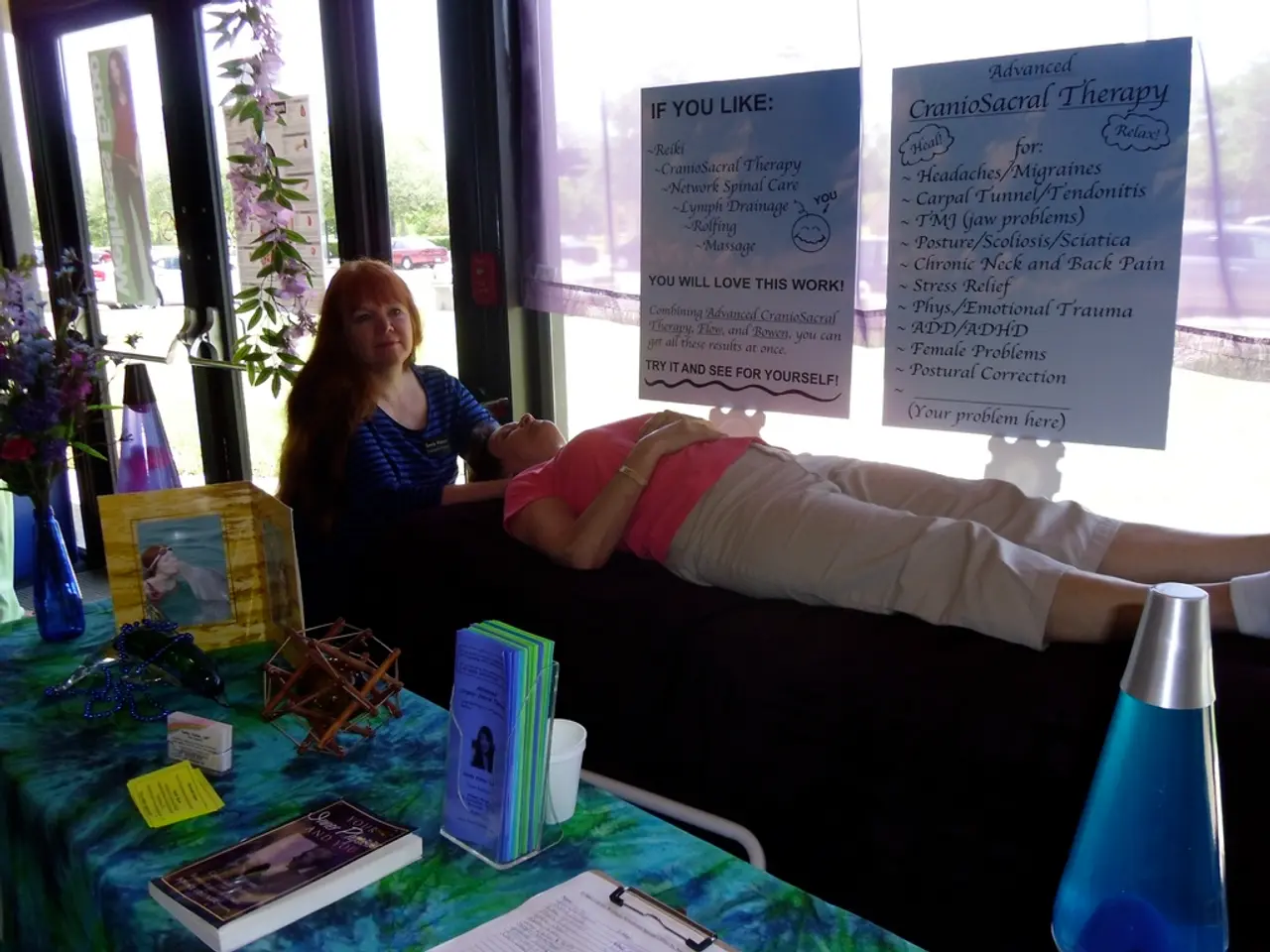Emotional Control Through Physical Action
In the world we live in today, mental health is a topic of great importance. One might be surprised to learn that regular exercise plays a significant role in maintaining emotional well-being.
Mandy Brincat, a Gestalt psychotherapist, works with individuals dealing with various mental health issues, including anxiety, depression, and eating disorders. Her practice underscores the power of movement in promoting mental health and emotional resilience.
Low levels of serotonin and dopamine are often found in individuals dealing with anxiety or depression. Exercise, it seems, can help rectify this imbalance. These physical activities stimulate the release of brain neurotransmitters like serotonin, dopamine, and β-endorphins, which help regulate mood and reduce anxiety and depression symptoms.
Exercise also lowers cortisol levels and modulates the hypothalamic–pituitary–adrenal (HPA) axis, decreasing the body’s stress response. This physiological change translates into emotional benefits, as when you're well-rested, it's easier to pause before reacting, think clearly, and process emotions effectively.
Psychologically, regular physical activity can boost self-efficacy and self-esteem, reducing feelings of helplessness linked to poor mental health. Social interactions facilitated by exercise promote belongingness and social support, which further decreases perceived stress.
Research highlights that leisure-time and voluntary physical activities (e.g., running, yoga, dancing) are strongly associated with mental health improvements. Exercise done in social or enjoyable contexts tends to enhance mental health more effectively than physical activity related to chores or work, which may have limited or even negative effects in some cases.
While exercise is not a standalone solution for all mental health issues and its effect size can vary, it is considered a valuable component in managing symptoms of depression, anxiety, and stress. Regular movement helps balance hormones like cortisol and adrenaline, reducing the physical effects of stress. It also encourages mindfulness, the practice of being present in the moment without judgment.
Simple actions like a five-minute walk or doing a few stretches can remind you that you have agency over your body and, by extension, your emotions. Feeling physically strong and capable through movement can translate into feeling emotionally strong and resilient. This sense of empowerment can help you handle emotional challenges with greater ease.
In summary, the scientifically supported mental health benefits of regular exercise include improved regulation of mood-related brain chemicals, reduced physiological stress markers, enhanced self-esteem and sense of personal efficacy, increased social support and belonging, and lower symptoms of anxiety and depression across diverse populations. These benefits are strongest with regular, leisure-based, or enjoyable movement rather than obligatory or work-related physical activity.
References:
- Cleveland Clinic. (n.d.). Exercise and Mental Health: How Physical Activity Boosts Brain Power. Retrieved from https://my.clevelandclinic.org/health/articles/15010-exercise-and-mental-health-how-physical-activity-boosts-brain-power
- Healthline. (2020, March 24). Exercise for Mental Health: 7 Ways Physical Activity Helps Your Mind. Retrieved from https://www.healthline.com/nutrition/exercise-for-mental-health
- Verywell Mind. (2020, September 21). 10 Mental Health Benefits of Exercise. Retrieved from https://www.verywellmind.com/exercise-and-mental-health-benefits-4174667
- Strategy & Policy. (2019, June). Moving More, Mental Healthier: The Mental Health Benefits of Physical Activity. Retrieved from https://www.gov.uk/government/publications/moving-more-mental-healthier-the-mental-health-benefits-of-physical-activity/moving-more-mental-healthier-the-mental-health-benefits-of-physical-activity
- National Institute for Health and Care Excellence. (2019). Physical Activity Guidelines for Adults (19-64 years). Retrieved from https://www.nice.org.uk/guidance/ng90/chapter/Recommendations#physical-activity-for-adults-19-64-years
- Mandy Brincat, a Gestalt psychotherapist, emphasizes the role of exercise in mental health, advocating for its power in promoting emotional resilience.
- Science reveals that exercise stimulates the release of brain neurotransmitters, such as serotonin and dopamine, aiding in regulating mood and reducing anxiety and depression symptoms.
- Incorporating fitness-and-exercise, specifically leisure-time activities like running, yoga, or dancing, may lead to substantial mental health improvements.
- Regular practice of mindfulness, often facilitated through fitness-and-exercise, helps one be present in the moment and manage emotional challenges more effectively.




